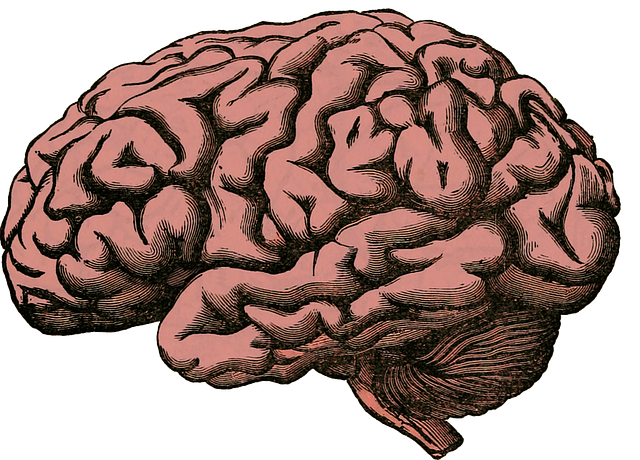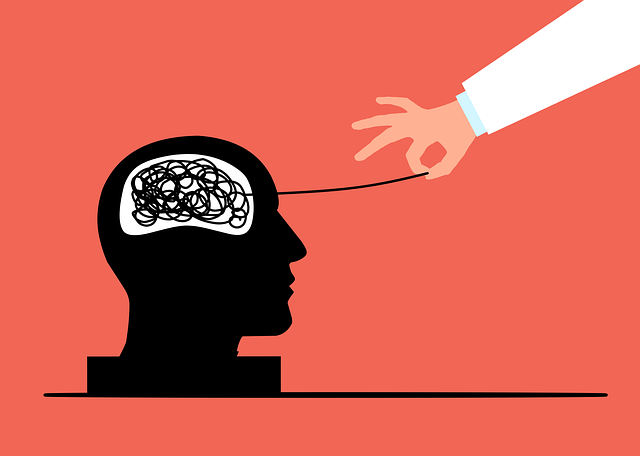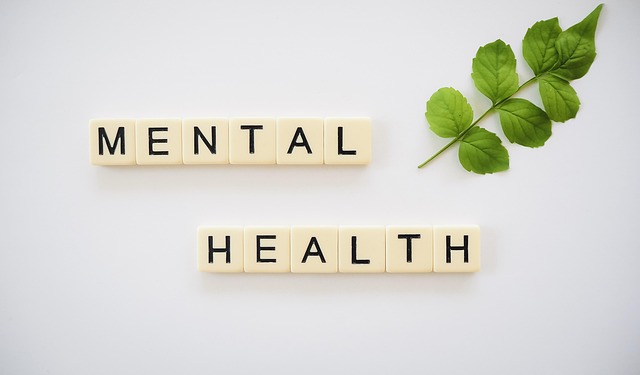Emotional intelligence (EI), as taught in Arvada Couples Counseling Therapy, is a powerful tool for building stronger relationships and improving communication. By enhancing self-awareness, individuals gain insights into their emotions and behaviors, leading to better conflict resolution and deeper connections. Empathy, cultivated through active listening and observation, fosters kindness and collaboration within communities. Effective communication strategies, including 'I' statements and mindfulness, help manage emotions and de-escalate tense situations. Arvada Couples Counseling Therapy emphasizes these techniques for improved mental wellness, applicable in daily life to enhance relationships and overall emotional intelligence.
Emotional intelligence (EI) is a powerful tool for cultivating healthy relationships, personal growth, and overall well-being. This article explores the foundational aspects of EI, focusing on strategies that are readily applicable in daily life. We delve into the core components of EI, starting with self-awareness—the cornerstone of emotional understanding. By enhancing empathy and adopting effective communication techniques, individuals can strengthen connections. Additionally, mindfulness practices and emotional regulation skills are presented as essential tools for achieving emotional balance, all drawing from the expertise of Arvada Couples Counseling Therapy professionals.
- Understanding Emotional Intelligence: A Foundation for Healthy Relationships
- The Role of Self-Awareness in Building Emotional Intelligence
- Enhancing Empathy: Connecting with Others on a Deeper Level
- Effective Communication Strategies for Improved Emotional Intelligence
- Practicing Mindfulness and Regulation for Emotional Balance
Understanding Emotional Intelligence: A Foundation for Healthy Relationships

Emotional intelligence (EI) is a fundamental aspect of human interaction and relationship building. At its core, EI involves recognizing, understanding, and managing one’s own emotions, as well as comprehending and empathizing with the feelings of others. This ability to navigate and connect with our emotional landscape is crucial for fostering healthy relationships, both personally and professionally.
In the context of Arvada Couples Counseling Therapy, for instance, enhancing EI serves as a powerful foundation. By developing emotional intelligence, individuals can improve their communication skills, resolve conflicts more effectively, and cultivate deeper levels of understanding and empathy within their relationships. Moreover, these skills extend beyond therapy settings, enabling people to navigate daily interactions with greater ease, manage stress through evidence-based methods like crisis intervention guidance, and even contribute to community outreach program implementations focused on overall well-being, including stress reduction techniques.
The Role of Self-Awareness in Building Emotional Intelligence

Self-awareness is a cornerstone in building emotional intelligence, as it involves recognizing and understanding your own emotions, strengths, weaknesses, and how they influence your thoughts and actions. This process begins with introspection—taking time to reflect on your experiences, feelings, and reactions. Through self-awareness, individuals can gain valuable insights into their triggers, patterns of behavior, and areas for growth. For instance, a person seeking Arvada Couples Counseling Therapy might uncover underlying emotional issues that have been impacting their relationships, thus enabling them to make necessary changes for improved emotional well-being promotion techniques.
Developing self-awareness also involves recognizing the impact of your emotions on others, fostering empathy and compassionate cultivation practices. By understanding your own emotional responses, you can better manage interpersonal interactions, navigate conflicts constructively, and build stronger connections with partners, friends, or colleagues. This enhanced self-understanding is not only beneficial for personal relationships but also plays a crucial role in risk assessment for mental health professionals, ensuring they remain empathetic and effective in their practice.
Enhancing Empathy: Connecting with Others on a Deeper Level

Empathy is a cornerstone of emotional intelligence, enabling us to understand and share the feelings of others. Enhancing this skill can significantly benefit individuals seeking Arvada Couples Counseling Therapy or personal growth through self-esteem improvement. By actively listening and observing, we can detect subtle cues that convey another person’s emotions, leading to more meaningful connections. This heightened empathy fosters a sense of community, making us better equipped to support one another during challenging times, which is especially crucial in preventing burnout.
Moreover, cultivating empathy enriches our interactions within the community at large. It inspires acts of kindness and encourages collaboration on initiatives like Community Outreach Program Implementation. When we truly connect with others on a deeper level, it becomes easier to recognize shared humanity, bridging divides and fostering understanding among diverse groups.
Effective Communication Strategies for Improved Emotional Intelligence

Effective communication is a cornerstone of building emotional intelligence, and seeking Arvada couples counseling therapy can be a valuable step in this journey. When individuals engage in open and honest dialogue, they strengthen their ability to understand and manage their own emotions, as well as interpret and respond appropriately to others’ feelings. Active listening, where one pays full attention to the speaker without judgment, is a powerful tool. This practice encourages speakers to express themselves more freely, fostering an environment conducive to emotional understanding.
In addition, using ‘I’ statements during conversations can significantly enhance communication. Expressing thoughts and feelings in this manner promotes self-awareness and helps avoid accusatory language, which may trigger defensiveness. Crisis intervention guidance often emphasizes these communication strategies as vital for de-escalating tense situations and fostering mental wellness. The same techniques can be applied in daily interactions to improve relationships and overall mental health awareness.
Practicing Mindfulness and Regulation for Emotional Balance

In the journey towards building emotional intelligence, practicing mindfulness and emotion regulation techniques are essential tools. Arvada Couples Counseling Therapy emphasizes these methods as fundamental components of personal growth and well-being. Mindfulness encourages individuals to stay present, observing their thoughts and feelings without judgment. By cultivating this awareness, one can better understand triggers for strong emotions, enabling more thoughtful responses rather than reactive behaviors.
Regulating emotions involves learning to manage intense feelings effectively. This skill is crucial for maintaining emotional balance and preventing overwhelming reactions. Through counseling therapy, individuals discover strategies to calm themselves during distressing situations, thereby fostering a sense of control over their emotional healing processes. Efficient mood management and anxiety relief become achievable when one embraces these practices, ultimately enhancing overall mental resilience.
Emotional intelligence is a powerful tool for cultivating meaningful connections and fostering healthy relationships, as exemplified by the comprehensive strategies discussed in this article. By understanding and managing your own emotions (self-awareness), empathetically connecting with others, employing effective communication techniques, and practicing mindfulness, individuals can significantly enhance their emotional intelligence. These practices, when integrated into daily life, offer a path to personal growth and improved relationships, ultimately enriching one’s overall well-being—a service that Arvada Couples Counseling Therapy expertly provides.














